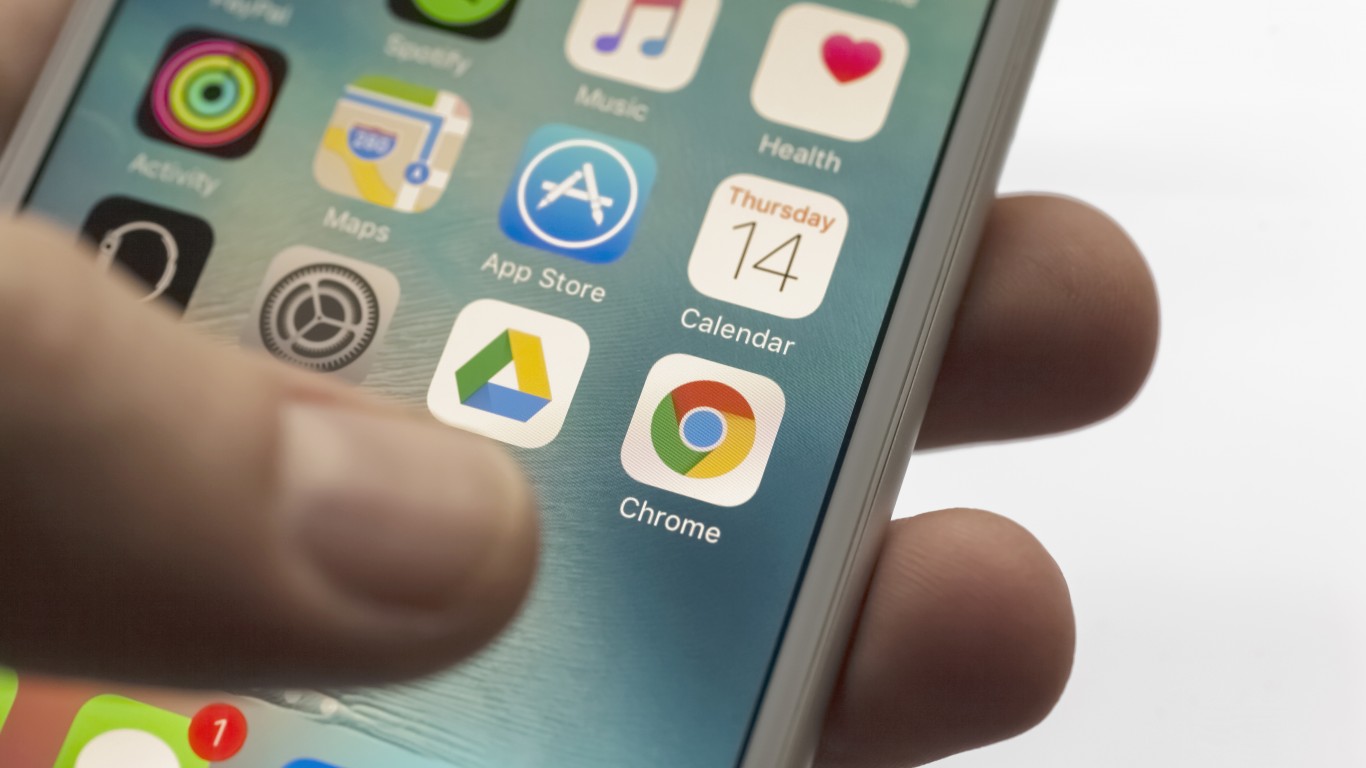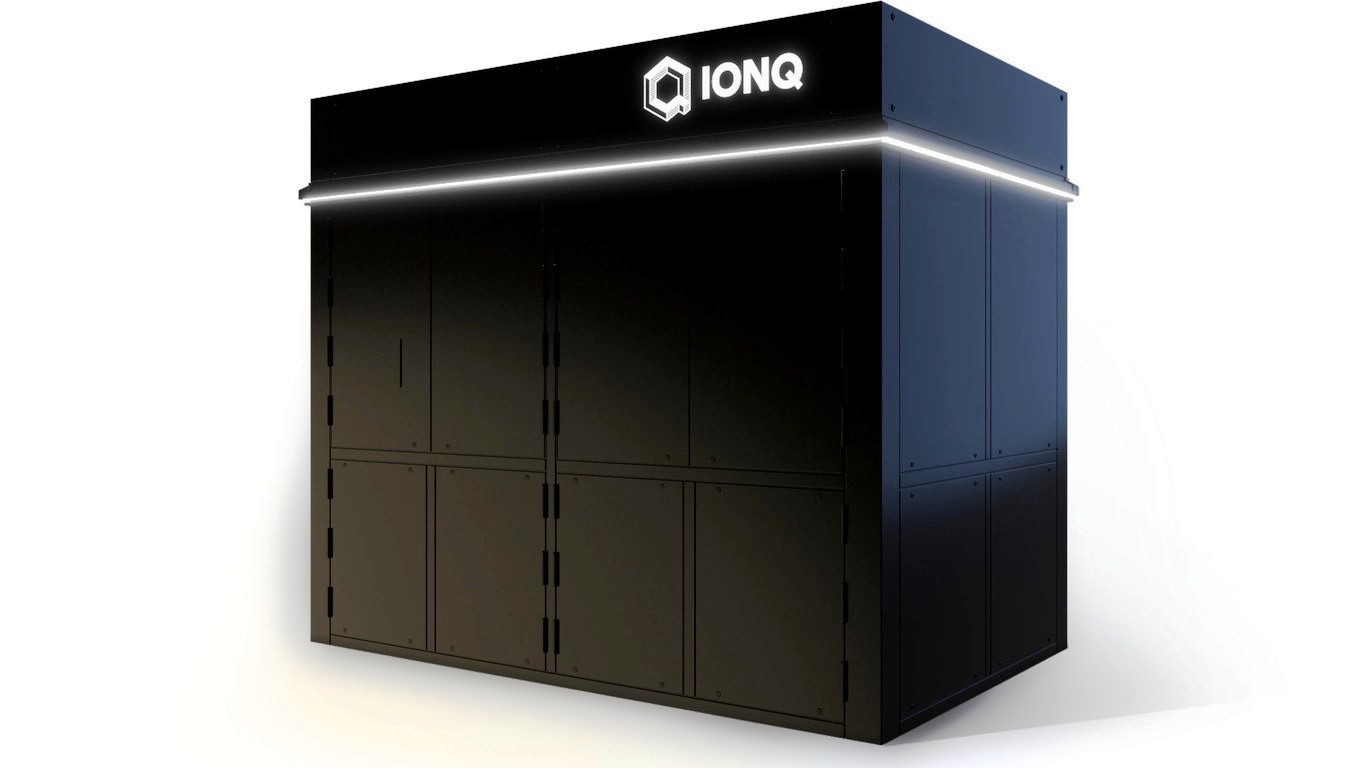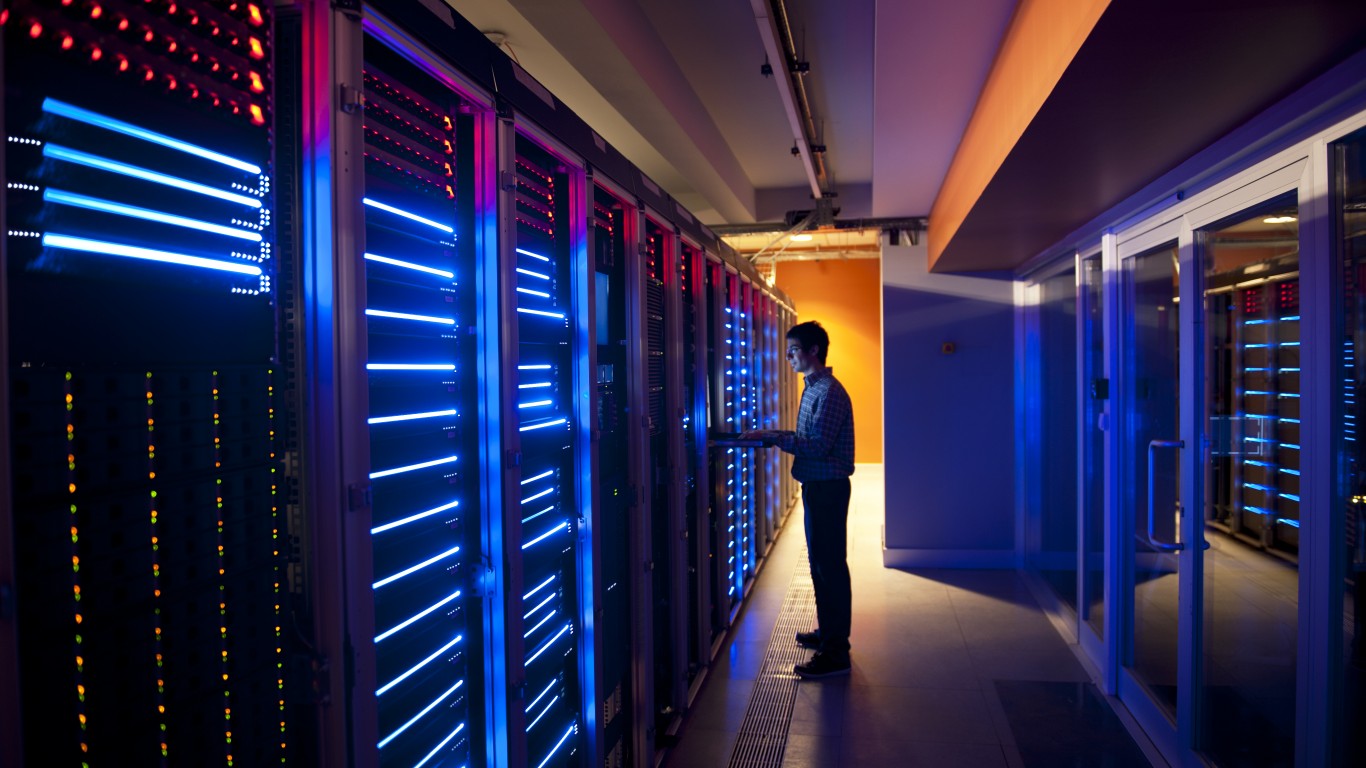
The market rallied through much of July, but as it ended, the S&P 500 was only 6% higher. Over the course of a single month, the figure was still impressive. The company with the largest market cap in the world, Apple Inc. (NASDAQ: AAPL), outperformed the S&P 500 by a dazzling margin: up 16% for the month.
Apple has done remarkably well for the year to date. Its share price through seven months is 45% higher. That leaves it with a market cap of $1.84 trillion. What was once unimaginable, that any company could be worth $2 trillion, is close to being true.
The trigger to the rally fell into two parts. Early in the month, investors believed that Apple’s growing services business would take the place of the iPhone as the driver of the company’s growth. iPhone sales had flattened for most of the year. Services, as the division is known, had become the growth engine. It also had high margins. Apple Services included its App Store, its new movie operations, payment systems and cloud storage. These services would grow more in the future because they ran on the back of the hundreds of millions of iPhones, iPads and Macs sold around the world in the past several years. Apple’s perfect walled garden had produced another successful business.
What shocked the market when earnings were released was that the growth of the iPhone was hardly over at all. Revenue in the quarter for the entire company rose 11% to $59.7 billion. Per-share earnings saw an 18% gain to $2.58. iPhone sales rose from $26.0 billion to $26.4 billion and were 44% of Apple’s revenue for the period. The company also said there would be a new family of iPhones released in October, just ahead of the surge of holiday sales.
Services did well, at $13.2 billion, up from $11.5 billion in the same period a year ago. However, the division was only 22% of Apple’s total revenue.
The most impressive part of the earnings release was that Apple said that the success would continue.
Some analysts claim that Apple has benefited as people are shut in due to the pandemic. That implies people bought more Apple products than they would have if the country had been open. There is another way to look at this. What would have happened to Apple if the economy was healthy and people could have gone to stores to buy Apple products other than just having to buy them online?
Thank you for reading! Have some feedback for us?
Contact the 24/7 Wall St. editorial team.





